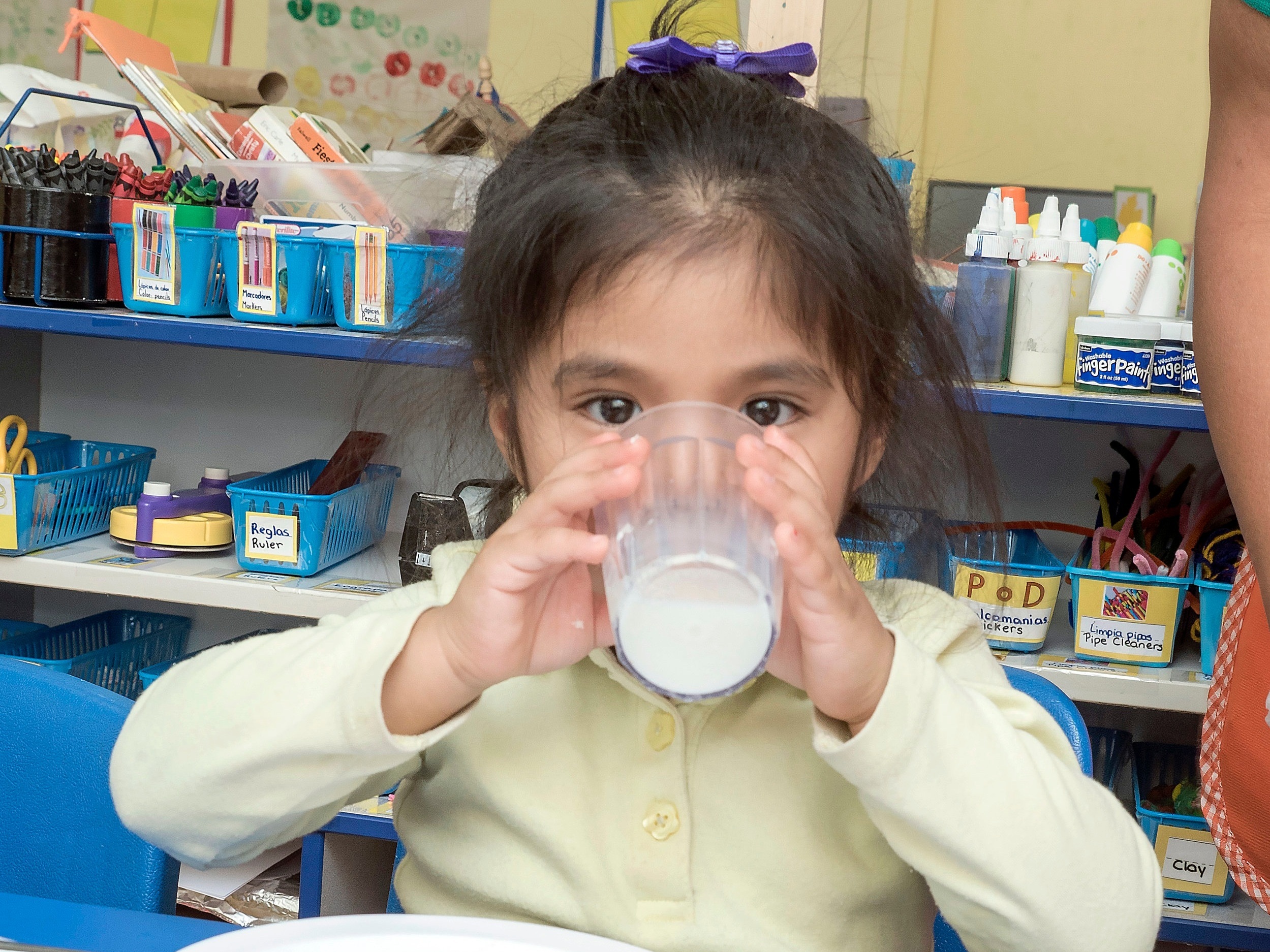Children’s Day Preschool Provides Education for Toddlers and Pre-K
1 Toddler Classroom for children 2 1/2 years old
7 Preschool Classrooms for children 3 & 4 years old
Amazing Staff
Our staff are very well-educated, extremely dedicated and have an average of over 15 years experience in preschool education at Children’s Day. Our Education Supervisor works alongside a variety of specialists to help customize the HighScope Curriculum for the particular needs of the children we serve; including strategies to support their social-emotional needs to foster the growth and resilience of each child.
Nationally Recognized Curriculum
The HighScope Curriculum uses an Active Learning Approach model that focuses on how the child manipulates materials and uses them to express ideas. The focus in not on the finished project. Process rather than Product drives the curriculum. It meets NJ early learning standards, the Head Start Child Development and Early Learning Framework, and NAEYC developmentally appropriate practice guidelines.
Nutrition & Physical Activity
Healthy Meals - All children receive daily breakfast, lunch and 2 snacks. Fresh food is prepared daily in the Children’s Day kitchen by our imaginative cooking staff.
Daily Physical Play - Every child participates in a range of organized and self-initiated play activities on our playground to practice skills learned int he classroom as well as exercise and just have fun.
Developmental Screenings
Multiple developmental evaluations, plus tracking and monitoring processes are used to ensure every child’s opportunity to develop is optimized. Teaching, social service, therapeutic staff and consultants use these results to customize individualized learning and treatment plans.
Classroom Support
Children are provided with a range of support services, including cognitive, speech, occupational, physical and art therapy. Developmental screening results, along with a team approach, are used to determine what services are needed; specialists then work with children individually or in small groups in the classroom setting. Modeling and coaching are additional techniques used with teaching staff so supportive practices can continue long after specialists leave the classroom.






